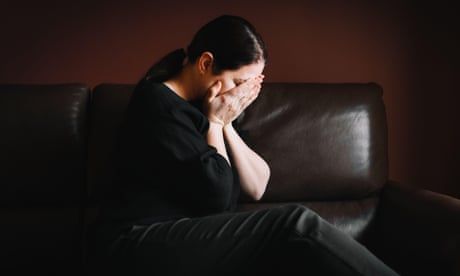
The more we identify with those suffering, the more vicarious trauma we may feel. But we can recover and even grow from this experience
- The modern mind is a column where experts discuss mental health issues they are seeing in their work
As I stepped into my office and checked my client list for the day, I was surprised to see a name pop up that hadn’t been there for a while. It was Kareem, a young father of two who had recently arrived to Australia from war-torn Iraq. During our session, he described that he thought his symptoms were under control and he was recovering well. But suddenly he was transported back to the blast that left him with a traumatic brain injury and months of rehabilitation. “What was the thing that took you back there?” I asked him. He said it was “hearing a song”, the same song that was playing in his car just before the blast hit.
In my work with survivors of war, it has become clear that an individual’s sense of safety after a trauma seems particularly difficult to maintain when the trauma occurred during the most mundane tasks. This could be things such as attending university before there was a siege or driving home from work before being stuck in a blockade with rapid fire ahead.
Continue reading...